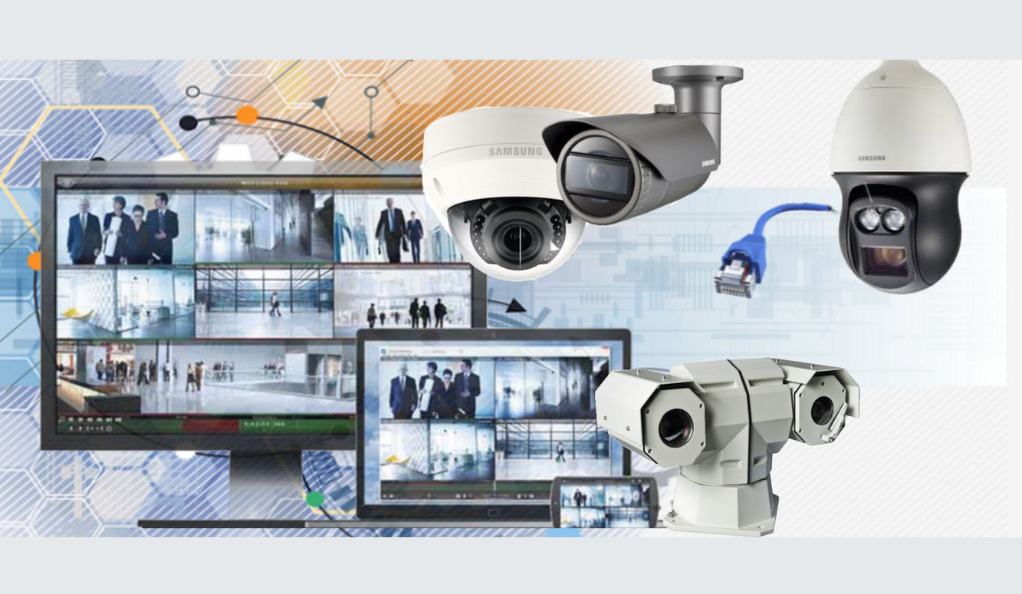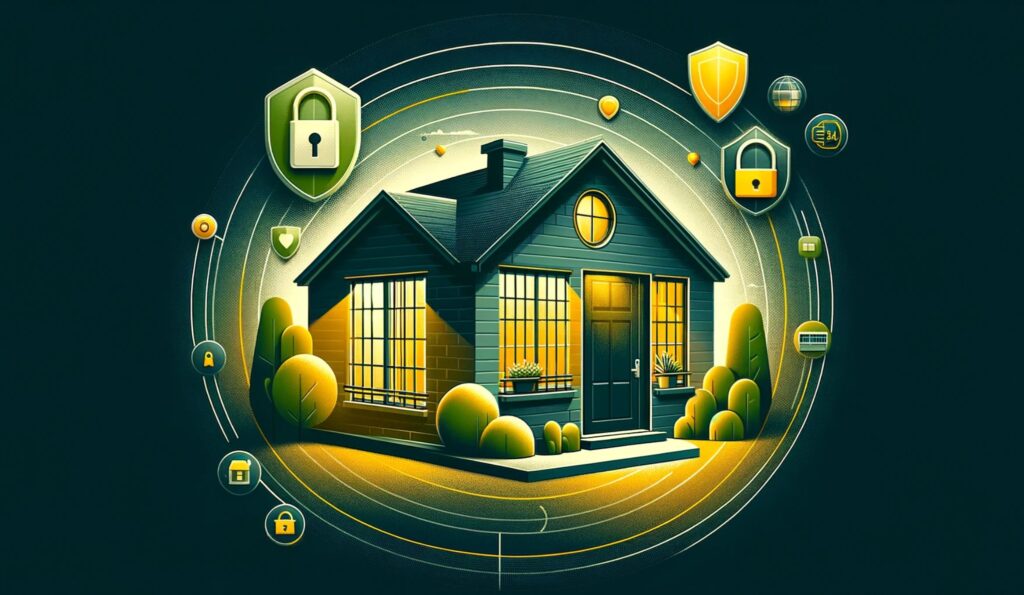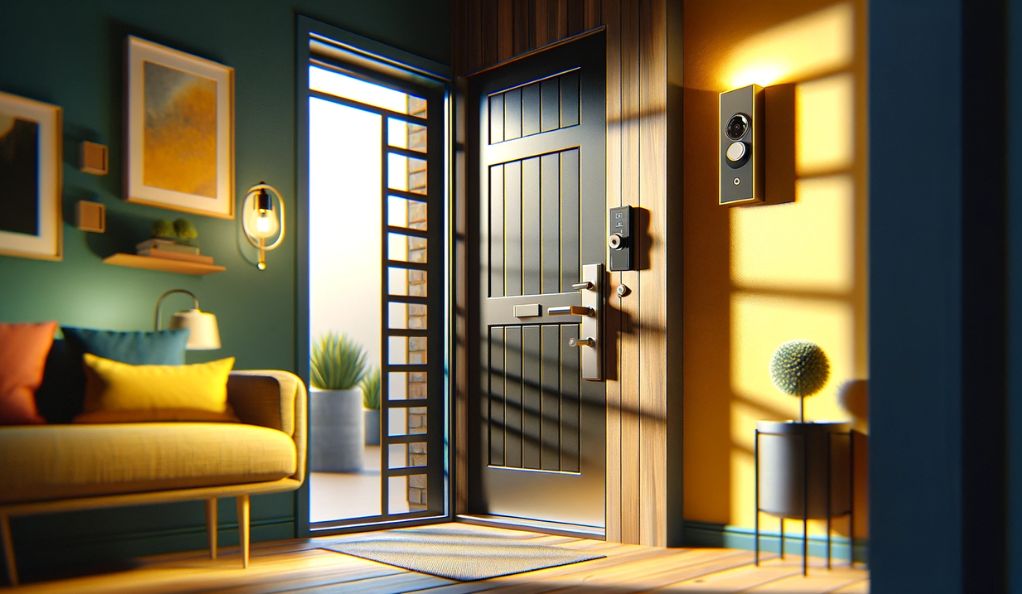In recent years, the importance of physical security has become increasingly evident. With the rise in crimes such as burglaries and break-ins, it is essential to invest in reliable security camera systems. These cameras not only act as a deterrent, but they also provide valuable evidence in the event of an incident. However, with so many options available on the market, choosing the right security camera can be overwhelming.
To make the process easier, it’s crucial to consider factors such as the resolution, field of view, and connectivity options. High-resolution cameras ensure that every detail is captured, while a wide field of view allows for comprehensive surveillance. Additionally, considering whether wired or wireless cameras are more suitable for your needs is important.
Staying up-to-date with the latest security solutions is a must. With advancements in technology, security cameras now offer features such as motion detection, night vision, and remote monitoring capabilities. These features enhance the effectiveness of the camera system and provide peace of mind.
Remember, investing in a reliable security camera system is a long-term commitment to the safety of your home or office. By following best practices and researching the available options, you can make an informed decision and protect your physical spaces effectively.
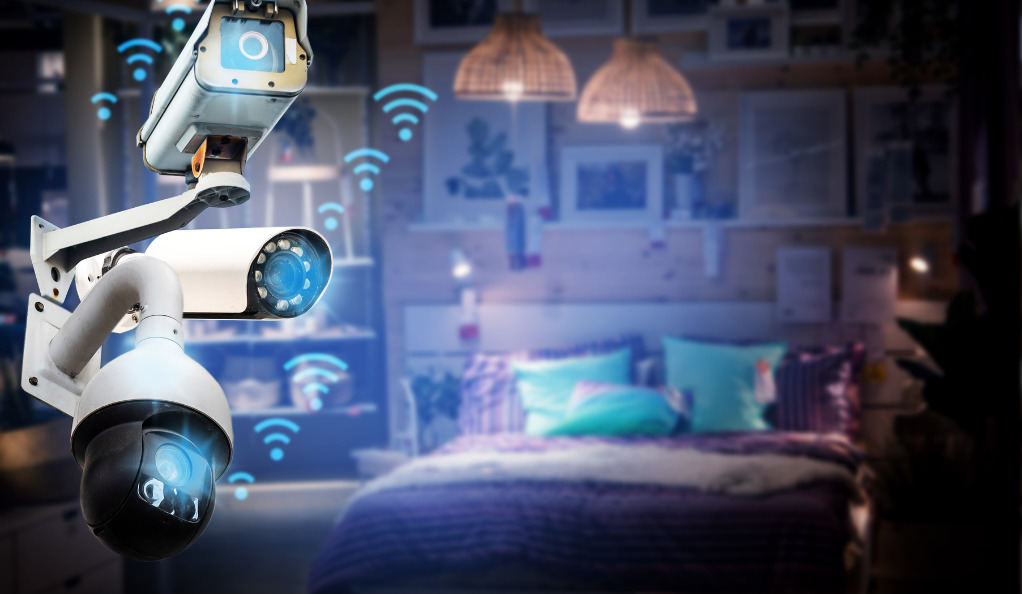
Understanding Your Needs
Before diving into the vast market of security cameras, it’s essential to identify your specific needs. Are you looking for indoor or outdoor surveillance? Do you need night vision capabilities? How many cameras will suffice for your space? Answering these questions will narrow down your choices and make the selection process smoother. Additionally, consider the layout of your property. Larger properties may require a combination of both indoor and outdoor cameras, while smaller spaces might do well with just one or two strategically placed cameras.
Wired vs. Wireless Cameras

Wired Cameras
Wired cameras, unlike their wireless counterparts, require cables for power and connectivity. This wired setup offers certain advantages over wireless systems. Firstly, wired cameras tend to be more stable and reliable since they don’t rely on Wi-Fi signals that can be affected by interference or weak connections.
This makes them a preferred choice in areas with poor network coverage or congested Wi-Fi environments. Additionally, wired cameras typically have a continuous power source, eliminating the need for frequent battery changes and ensuring uninterrupted operation. Overall, the use of cables in wired cameras provides a reliable and consistent solution for surveillance needs.
Wireless Cameras
Wireless cameras, in contrast to wired cameras, offer a more convenient installation process as they do not require cables for power and connectivity. This makes them versatile and easy to place in various locations, including areas where running cables might be impractical or visually unappealing. However, wireless cameras heavily rely on a strong Wi-Fi connection, which can sometimes be a limitation.
In areas with weak or congested Wi-Fi signals, the performance of wireless cameras may be affected, leading to potential interruptions in the surveillance feed. On the upside, the wireless nature of these cameras provides flexibility in terms of placement, allowing them to be easily moved or repositioned as needed without the constraints of cables. This adaptability makes them a popular choice for users seeking flexibility and convenience in their surveillance setups.
Resolution Matters
When it comes to security camera systems, the clarity of the footage is crucial in capturing details accurately. It is recommended to choose cameras with a minimum resolution of 1080p. This ensures that the images captured are clear and provide sufficient detail for identification purposes. However, if you require even more precise details, opting for cameras with 4K resolution can be highly advantageous. These cameras offer exceptionally sharp images, making it easier to identify faces or license plates.
It’s important to keep in mind that higher-resolution cameras may have larger file sizes, which necessitates ample storage space. Ensure that your chosen storage solutions, such as network video recorders or cloud storage, can accommodate the increased demands. Additionally, consider the bandwidth requirements of higher resolution cameras, as they may need a stronger internet connection to transmit the data effectively.
By selecting cameras with higher resolutions, you can enhance the overall effectiveness of your security system and improve the chances of identifying individuals or objects accurately.
Features to Consider

- Night Vision: Essential for monitoring during low light conditions. The quality of night vision can vary, so look for cameras with infrared LEDs for clearer nighttime footage.
- Motion Detection: Sends alerts when movement is detected. This feature can be particularly useful for monitoring specific areas or rooms, ensuring you’re alerted to any unexpected activity.
- Two-way Audio: Allows communication through the camera. This can be handy for communicating with family members or even potential intruders.
- Storage: Consider how footage is stored, either locally or on the cloud. While cloud storage offers accessibility from anywhere, local storage ensures you have access to your footage even without an internet connection.
Smart Integrations
In an era of smart homes, your security camera should seamlessly integrate with other devices. Cameras that are compatible with platforms like Google Assistant, Alexa, or Apple’s HomeKit can offer enhanced functionalities and ease of use. Integration can allow for scenarios like turning on lights when motion is detected or sending alerts directly to smart devices, providing a more cohesive security experience.
Innovative Security Solutions: Cellerius Camera Lightbulb
When exploring the myriad of security camera options, it’s essential to consider not only traditional models but also innovative solutions that cater to specific needs and preferences. One such remarkable product is the Cellerius Camera Lightbulb.
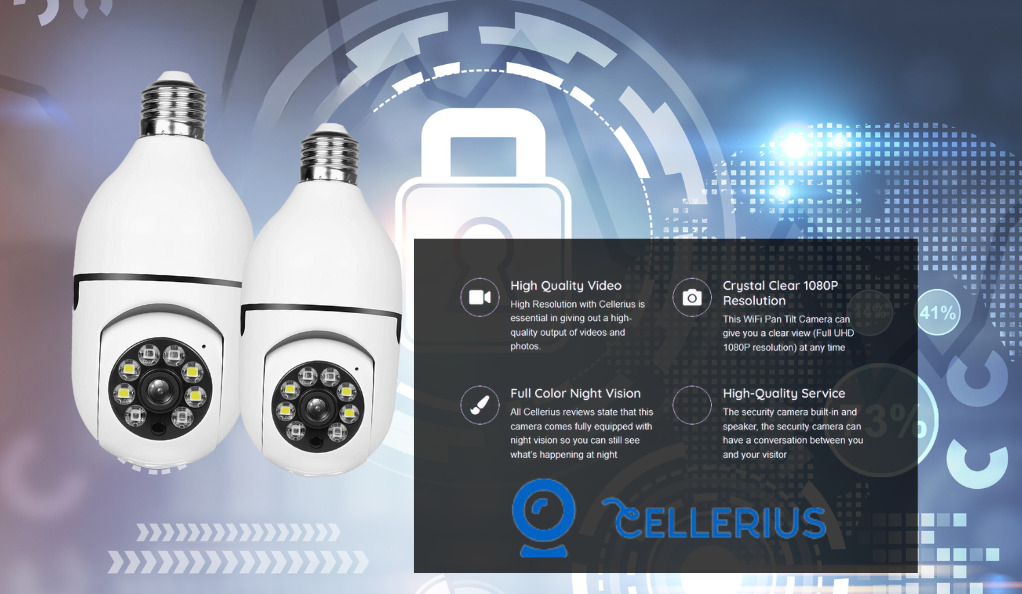
Design and Functionality
The Cellerius Camera Lightbulb is a sleek and modern device that combines the functionality of a high-resolution security camera with the convenience of a standard lightbulb. Its unique design allows for seamless integration into your home’s lighting fixtures, providing discreet surveillance without compromising aesthetics.
Why Consider Cellerius?
- Unobtrusive Surveillance: Its lightbulb form factor ensures that it blends naturally with your home’s environment.
- High-Quality Imaging: Equipped with night vision and 360-degree rotation, it offers clear and comprehensive coverage.
- Smart Connectivity: Compatible with various devices, Cellerius allows for remote monitoring through smartphones or computers.
For those looking to enhance their security with a touch of elegance, the Cellerius Camera Lightbulb offers a compelling option. Read our comprehensive review to learn more about its features, benefits, and how it compares to other products in the market.
Budget and Brand Reliability
While it’s tempting to go for cheaper options, it’s crucial to invest in a reliable brand. Research customer reviews, warranty policies, and post-purchase support. Sometimes, spending a bit more upfront can save you from potential hassles later on. Remember, security is an investment, and skimping on quality might lead to compromised safety.
Installation and Maintenance
Consider how easy it is to install the camera and its maintenance requirements. Some cameras might need professional installation, while others can be a DIY project. Regularly updating the camera’s firmware and checking its functionality ensures it remains effective. Additionally, clean the camera lenses periodically to ensure clear footage and check for any signs of wear or damage, especially for outdoor cameras exposed to the elements.

Conclusion
When it comes to securing your home or office, it’s important to invest wisely. Understand your specific needs and explore the features available in security camera systems. By doing so, you can make an informed decision that aligns with your requirements and budget. Keep in mind that the best camera is not necessarily the most expensive one, but rather the one that meets your unique needs.
Technology is constantly evolving, and staying updated with the latest advancements is crucial in maintaining effective security measures. By staying informed, you can take advantage of new features, improved functionalities, and enhanced performance, ensuring that you always have the best protection in place.
Remember, securing your home or office is a long-term investment in the safety of your loved ones, belongings, and assets. By conducting thorough research, understanding your needs, and staying updated with technological advancements, you can make the right choice for your security camera system and enjoy peace of mind knowing that you have taken necessary steps to protect what matters most.
FAQs
A 4K security camera offers a higher resolution, which means clearer and more detailed footage. This can be especially useful when you need to zoom in on specific areas or identify intricate details like faces or license plates.
Cloud storage is generally safe, especially if encrypted. However, it’s essential to choose a reputable brand and regularly update passwords to ensure the utmost security.
It’s recommended to check for firmware updates every 3-6 months. Regular updates ensure your camera is protected from potential vulnerabilities and operates optimally.
Yes, many modern security cameras can integrate with smart home platforms. Ensure the camera you choose is compatible with your existing or intended smart home ecosystem.
Most wireless cameras rely on Wi-Fi and may not work during a power outage unless they have a backup battery. It’s essential to have a backup power solution or choose a camera with built-in battery support.

